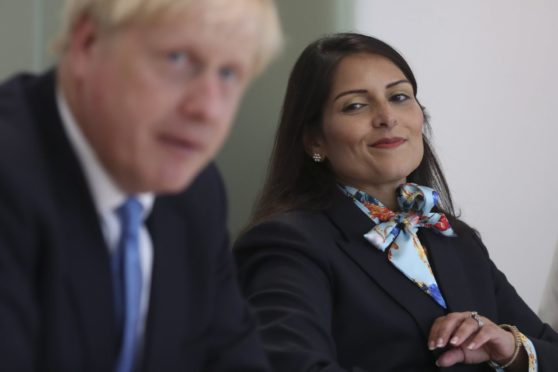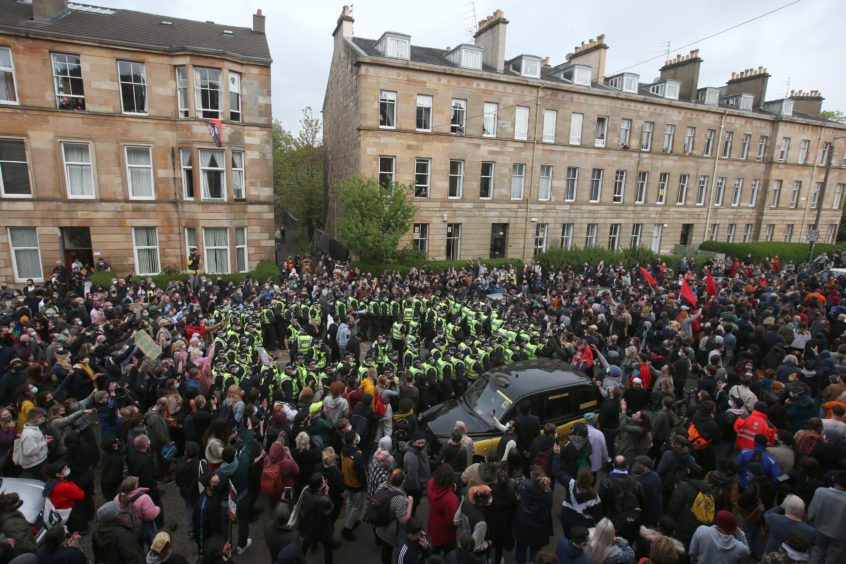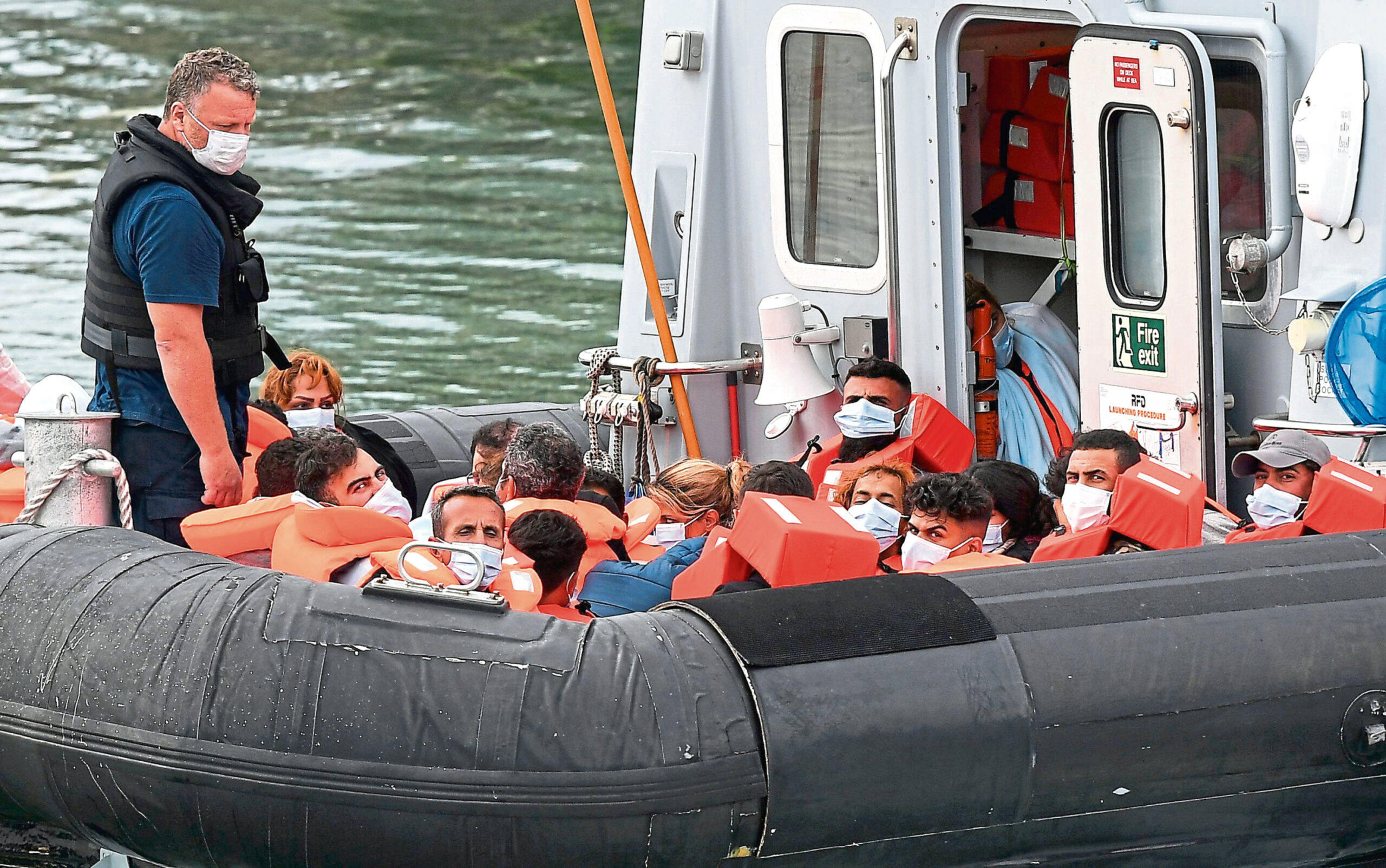
This month marks 70 years since the UN Refugee Convention was signed. The convention enshrines the right of people fleeing persecution to seek protection in a third country.
The Refugee Convention means people fleeing war, persecution or oppressive regimes have been able to rebuild their lives in safety.
These are people like me. That the UK was one of the driving forces behind the convention is something of which we should all be proud.
But this convention is under threat from the UK Government’s Nationality & Borders Bill to be debated in Westminster next week.
This bill aims to shift the basis for protection from a “well-founded fear of persecution” to focus on the way people travelled to the UK to seek safety.
This directly undermines a core part of the UN Convention: people should not be penalised or criminalised for arriving in a country to seek sanctuary without the correct papers.
These are not the actions of a truly global Britain. Nor do they reflect the opinion of the people of Scotland. Recent polling shows 74% of people in Scotland believe it’s important to make refugees welcome here.
Never was this clearer than earlier this year at the Kenmure Street protests in Glasgow, where crowds of people gathered and told the Home Office loud and clear that refugees were welcome here in Scotland.
Home Secretary Priti Patel says people should arrive in the UK through safe and legal routes. This does not reflect the reality facing people fleeing for their lives.
I arrived in the UK from Afghanistan in 1999 in the back of a lorry. Had a safe and legal route been available, I would have taken it.
This unfair bill gives no commitments to create safe and legal routes to reduce the need for people to take dangerous journeys, such as the Vulnerable Persons Resettlement Scheme through which families fleeing the Syrian conflict are now building new lives in every council area in Scotland.
The bill proposes to house people seeking protection in “reception centres”. Sadly, we have seen the impact on people’s mental health being housed in institutional settings can have.
Rebuilding lives happens in communities, not in isolated accommodation units. Of greater concern are proposals to house these centres offshore to assess asylum claims in another country. This is a shocking dereliction of its responsibility and of care on the part of the UK Government.
It is true the UK’s asylum system needs reform. But its problems are not caused by the relatively low numbers of people seeking our protection but by decades of Home Office mismanagement. Reform should mean people seeking sanctuary should have their claims assessed quickly and fairly, and not be judged according to the route they took to safety.
We need an asylum system that reflects the values of compassion, responsibility and humanity the UK demonstrated when it signed the UN Refugee Convention.
The asylum system must treat everybody with dignity, fairness and compassion. We need an asylum system that reflects who we are and the kind of country we want to be, in Scotland and in the UK.
Sabir Zazai is chief executive of the Scottish Refugee Council

Enjoy the convenience of having The Sunday Post delivered as a digital ePaper straight to your smartphone, tablet or computer.
Subscribe for only £5.49 a month and enjoy all the benefits of the printed paper as a digital replica.
Subscribe © PA
© PA © ANDY RAIN/EPA-EFE/Shutterstock
© ANDY RAIN/EPA-EFE/Shutterstock